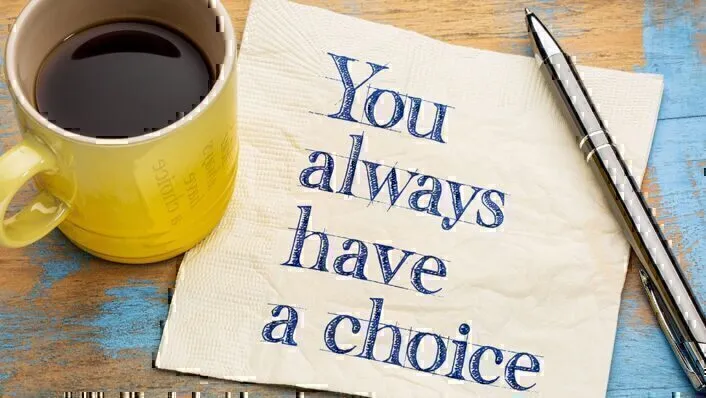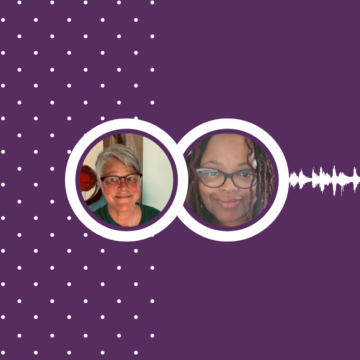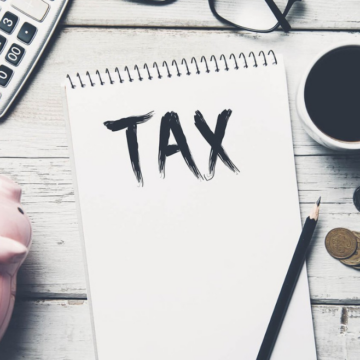Bankruptcy can mean a fresh start if you’re over your head in debt, but it can impact your credit history.
Alternatives to bankruptcy include debt management plans, debt consolidation, debt settlement, and other options outlined below – each with its own set of consequences.
There is no one-size-fits-all solution. Seek professional or legal guidance to address your specific situation.
Facing financial challenges is an unfortunate reality for many people, and the idea of declaring personal bankruptcy can be stressful. However, it’s essential to recognize that there are alternatives to bankruptcy. In this blog post, we provide general guidance about several alternatives to personal bankruptcy.
Bankruptcy Basics
Let’s get started with the basics. Bankruptcy is a legal process that provides relief for people overwhelmed by debt. A bankruptcy court can release you from having to repay many debts and forbid your creditors from trying to collect them. Bankruptcy can mean a fresh start if you’re over your head in debt, but it also impacts your credit history.
Because bankruptcy can make it difficult to borrow money or obtain traditional credit cards for as long as 10 years from the date you seek protection from the court, it’s best viewed as a last resort.
Be sure to look at the types of debt and the amount of debt you have before considering bankruptcy. Bankruptcy is typically appropriate for those overwhelmed with a large amount of debt but much depends on the type of debt you carry. For instance, typically student loans are not dismissed in bankruptcy.
There are direct and indirect costs involved. Since bankruptcy will negatively impact your credit score, it will increase the cost of borrowing money and may even impact your employment options. In addition to those indirect costs, filing fees and lawyer fees can add up to a substantial sum. Get a handle on your specific situation in order to understand the best options for you.
Bankruptcy is an appropriate solution for some people, but it should be your last resort. If you are considering filing for bankruptcy, explore all of your other options first.
Debt Counseling & Debt Management Plans
There are legitimate organizations, including the trusted national nonprofit GreenPath, that offer free debt counseling to people who want to get out of debt. If you have significant unsecured debt, you may be a candidate for a debt management plandebt management plan. With a debt management plan, you make regular payments to the credit counseling company, and they make payments on your behalf to the creditors. In addition to the convenience that this option provides, a debt management plan typically lowers credit card interest rates, waives late and over limit fees and stops collection activity. It can be a great tool for some people to help them save a lot of money and get out of debt faster.
Again, no situation is alike. Depending on your financial picture, credit counseling from a nonprofit agency like GreenPath can provide valuable assistance in creating a budget and negotiating with creditors to establish more manageable payment plans. You can also take advantage of GreenPath’s financial education and guidance to help you make informed decisions about you financial future.
Transform your finances with GreenPath’s expert support. Take charge of your money starting now.
800-550-1961877-337-3399Debt Settlement
If your debt is severely delinquent, debt settlement may be an option. Whereas in a debt management plan, you pay off your entire debt over time, debt settlementdebt settlement involves creditors forgiving a portion of your debt. The obvious advantage to this would be the cash savings. The disadvantage would be the fact that your credit report will show that the debt was paid for less than the agreed amount, which would likely lower your credit score. Additionally, you’d want to consult a tax professional because you would likely pay taxes on the forgiven amount as revenue. If you are interested in this option, you could try your hand at communicating directly with the creditors. There is a lot to know about the difference between debt management and debt settlementthe difference between debt management and debt settlement. Be sure to understand the complete terms. Debt settlement companies often charge high fees and offer no guarantees.
Liquidating Assets
Do you have a car that you could sell for some quick cash? How about stocks or bonds that have significant value? Selling or liquidating an asset allows you to pay off your debts quickly and easily. The toughest part of this option is breaking the emotional tie that you may have to your possessions. However, your sorrow may turn to joy when you realize how good it feels to be debt free!
Debt Consolidation Loan
Some people opt to eliminate the hassle of paying several creditors by getting a debt consolidation loan that covers all of their debts. If you have equity in your home, you could take out a home equity loan to repay unsecured creditors. Just beware that if you don’t pay your home equity loan, you could find yourself evicted since a home equity loan is secured by your house.
Increasing Income
Finding ways to increase income, such as taking on a part-time job, freelancing, or pursuing additional educational opportunities for career advancement, can contribute to improved financial health. Supplementing income can help individuals meet their financial obligations and build a stronger financial foundation.
Lifestyle Changes
With any option you choose — including bankruptcy — you’re going to have to make some lifestyle changes. Remember that saying, “If you keep doing what you’ve always done, you’ll keep getting what you always got.” Lifestyle changes often require making small sacrifices now to avoid big problems later. For example, selling your motorcycle may give you enough cash to pay your mortgage and avoid foreclosure. Keeping a tighter rein on spending can also help you avoid bankruptcy. Start by tracking your expenses and creating a budgetcreating a budget. You may find that you have more disposable income than you realized.
You don’t have to completely cut out the things you enjoy doing, like going out to eat or attending cultural events. You may need to balance how often you do those things or maybe cut back on other expenses to make sure there is space in your budget for the joys that are meaningful to you.
One Size Does Not Fit All
Each person’s financial situation is unique, and there is no one-size-fits-all solution. Seeking professional advice from financial experts, credit counselors, or legal professionals can provide valuable insights and guidance on choosing the most suitable alternative to personal bankruptcy.
Remember, taking proactive steps and making informed decisions today can pave the way for a brighter financial future tomorrow.
This article is not to be used for legal advice. Speak with an attorney if you have specific questions about your situation.
GreenPath Financial Service
Free Debt Counseling
Take control of your finances, get tailored guidance and a hassle-free budgeting experience. GreenPath offers personalized advice on how to manage your money.










